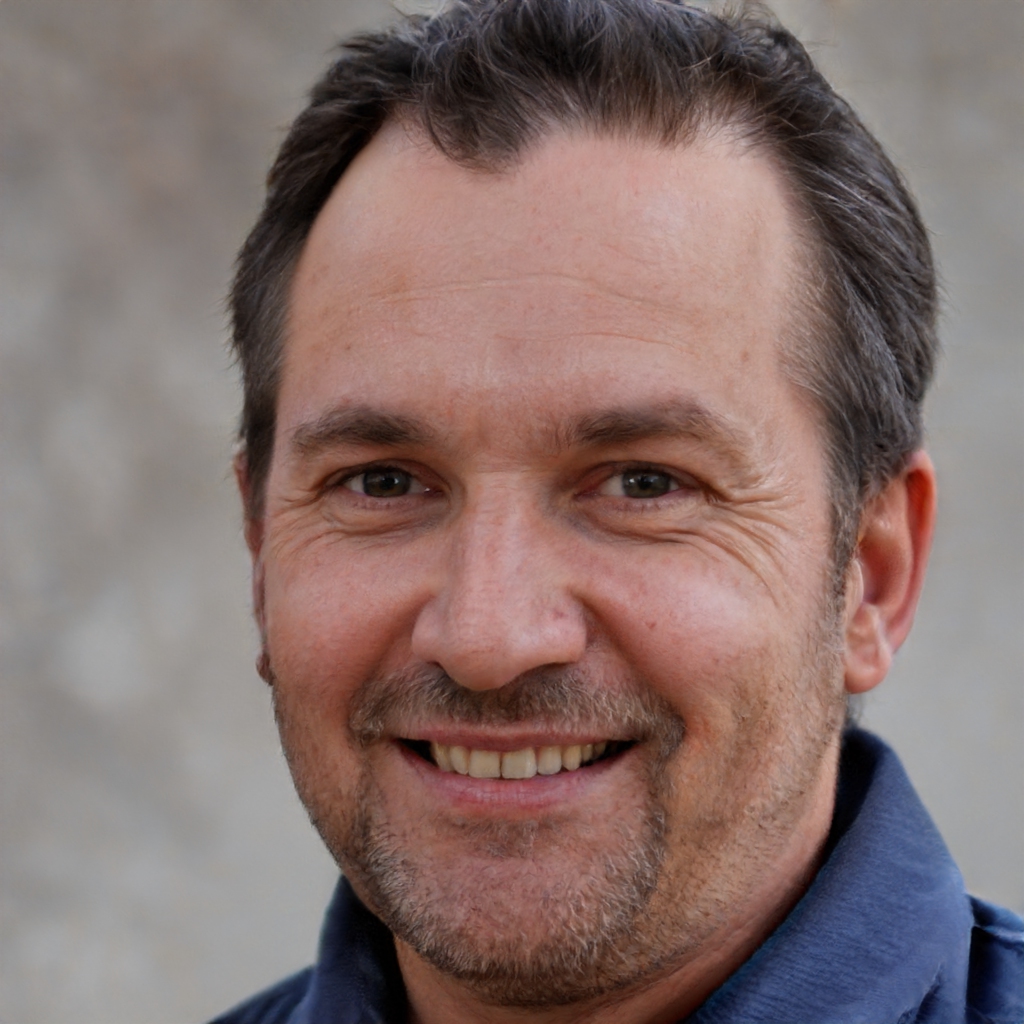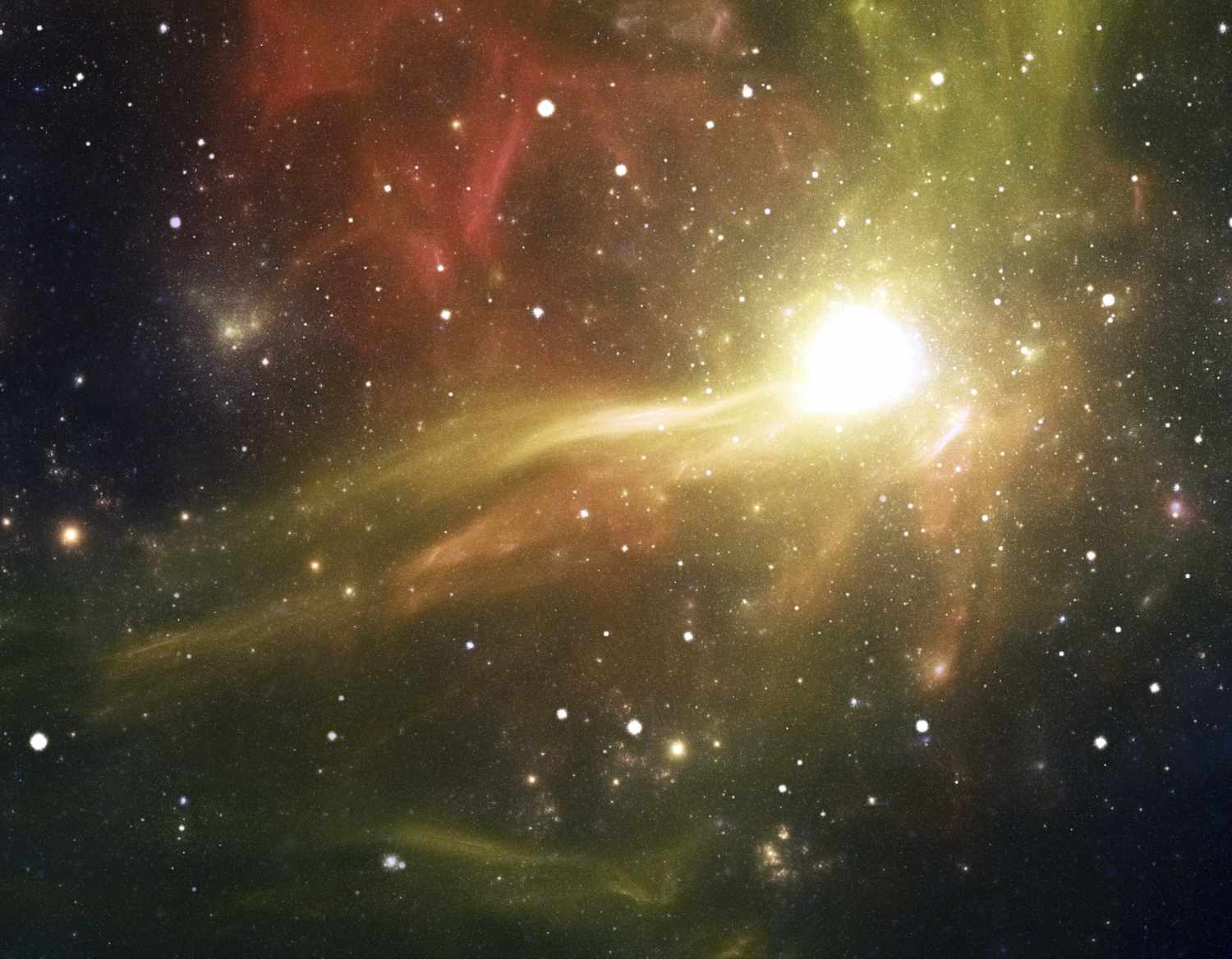Where Is The Soul Before We Are Born? Unveiling The Mystery
The enigma of human existence has captivated minds for centuries, and at the heart of this intrigue lies a profound question: Where is the soul before we are born? This inquiry delves into the realm of metaphysics, spirituality, and the essence of our pre-birth existence.
Author:Bernard HorneJan 16, 202444.7K Shares829K Views

The enigma of human existence has captivated minds for centuries, and at the heart of this intrigue lies a profound question: Where is the soul before we are born?This inquiry delves into the realm of metaphysics, spirituality, and the essence of our pre-birth existence.
Various religious, philosophical, and cultural perspectives offer diverse insights into the origin and state of the soul before it embarks on the journey of life.
Join us as we embark on a contemplative exploration, seeking to unravel the mystery that shrouds the pre-birth existence of the soul.
Where Is The Soul Before We Are Born?
The origin of the human soul has been a subject of debate from various biblical perspectives. The creationist view, supported by theologian Charles Hodge, asserts that each individual human soul is uniquely created at conception, aligning with the Scriptures' distinction between the body and the soul.
However, this view is incompatible with Christianfaithand the Bible's teachings on eternal punishment, salvation, and eternal life.
Charles Hodge defended the creationist view, arguing that it is indivisible and unique at conception. He also argued that the creationist view is consistent with the biblical doctrine of Jesus Christ's nature, as He was fully human in His incarnate state and had a human body and soul.
William G.T. Shedd, a professor of systematic theology at Union Theological Seminary, argued for the Traduccianist View, which asserts that the human soul is transmitted from one generation to another along with the human body. Shedd cited Genesis 1:26-27, where both male and female are called "man," and Hebrews 7:9–10, where Levi is said to have paid tithes to Melchizedek through Abraham.
Shedd argued for the traducianist view in the theology of human sin, arguing that Adam's sin brought guilt to his offspring and the inclination to sin that we inherit from Adam. He also argued from human physiology that man is a union of soul and body, with the development of the immaterial aspect keeping pace with the material aspect.
J. Oliver Buswell presented a balanced view, stating that the human soul does not pre-exist the birth of a human being in eternity past but is the creation of God that faithfully makes its appearance in concert with the beginning of that human life.
Concept Of Soul Before We Are Born
Some people believe that every human soul existed before the body was ever conceived of and that this soul entered the body at some time before birth. This belief is known variously as pre-existence, beforelife, or premortal existence.
Beliefs in the soul's everlasting existence or its origin at a point before conception are both examples of concepts of pre-existence.
One may also find creationism and traducianism, two competing stances that maintain that human souls do not exist until conception. That which pertains to the material existence of all living things—preformation—must be separated from this.
Ancient Greek Thought
Plato, a luminary in ancient Greek philosophy, postulated a profound perspective on the pre-existence of the soul. Central to his philosophy was the concept of innatism, contending that individuals are born with innate knowledge acquired from a previous life.
Plato's unique proposition posits that the process of acquiring knowledge is not a matter of gaining new information but rather a process of recollection, where individuals remember information they were already acquainted with in a previous existence.
Baha'i Faith
The Baháʼí Faithintroduces a multifaceted understanding of pre-existence. Firstly, it posits that individual human souls come into existence at the moment of conception, marking the commencement of their eternal journey. Secondly, the faithacknowledges the pre-existence of the souls of the world's great spiritual teachers, attributing a divine origin to their profound insights.
Thirdly, the Baháʼí Faith recognizes the pre-existence of God, an entity beyond human comprehension, existing before the conception of time and creation. Lastly, it emphasizes the concept of emanation, illustrating the separation between the pre-existent world of God and His subsequent creation.
Buddhism
Buddhist cosmology revolves around the concept of saṃsāra, a perpetual cycle of life and death. Upon death, a person's soul is reborn in the Naraka, an underworld or purgatory, before being reincarnated on Earth.
Yama, a dharmapala, presides over the Narakas, judging the deceased based on accumulated karma. The duration of the soul's stay in Naraka varies, determined by the actions in their past life. Reaching Nirvana signifies the culmination of the cyclical journey.
Chinese Mythology
In Chinese mythology, the Naihe Bridge, or the Bridge of Forgetfulness, acts as a connection between Earth and Diyu, the realm of the dead or purgatory. This subterranean maze, depicted with various levels and chambers, serves as a place of atonement for souls.
The intricate narrative involves Ox-Head and Horse-Face, guardians of Diyu, overseeing the souls' fate based on their earthly deeds. The goddess Meng Po plays a crucial role, offering forgetfulness soup to cleanse memories before the souls embark on their reincarnation journey.
Christianity
Origen, a significant figure in early Christianity, introduced the controversial idea of pre-existence. According to Origen, each human soul was created by God before conception. This concept, condemned as heresy in the Second Council of Constantinople in AD 553, sparked debates within Christianity.
Origen's interpretation of biblical verses, such as Romans 9:11-14 and Jeremiah 1:5, added complexity to discussions among theologians. Different perspectives on the orthodoxy of pre-existence emerged, showcasing the diversity of theological thought within Christianity.
Latter-day Saints
The Churchof Jesus Christ of Latter-day Saints (LDS) embraces the doctrine of premortal existence as a foundational belief. Rooted in the early teachings of Joseph Smith, founder of Mormonism, this doctrine asserts that human souls are co-eternal with God.
The LDS Churchelaborates on a premortal learning process, providing a unique perspective on the progression of individuals by gaining physical bodies on Earth. This distinctive doctrine emphasizes the significant role of premortal existence in shaping the eternal destiny of each individual.
Hinduism
The Bhagavad Gita, a revered scripturein Hinduism, expounds on the eternal nature of souls. Krishna's teachings affirm the timeless existence of all beings, stating that neither he, Arjuna, nor the kings cease to exist.
Aligned with the broader Hindu belief in reincarnation, this underscores the idea that every individual has pre-existed in another form. The intricate tapestry of the soul's journey, woven through various lifetimes, contributes to the profound philosophy of Hinduism.
Islam
In Islam, the belief in pre-earthly existence centers around the creation of all souls in an adult form before earthly life. The Qur'an narrates a pivotal event where the descendants of Adam testified before God, affirming God's lordship. This pre-earthly existence ensures that on the Day of Judgment, individuals cannot claim ignorance of God's oneness.
Despite the lack of explicit memories from this pre-earthly existence, Islam emphasizes the innate awareness of God's existence within humans, known as the Fitra. The timing of each individual's birth into the physical world is divinely decreed, reflecting a unique perspective within Islamic cosmology.
What The Bible Says About Souls
Our immortal souls did not exist until our bodies were formed in the womb, according to the Bible. It is not God's reality that supports this belief, but rather the dreams of humans. Our souls are eternal and begin their lives at the time of conception. Although God foresaw our existence even before we were born (Jeremiah 1:5), it does not imply that our souls existed at that moment.
These misconceptions are dispelled in the Bible, which explains that our souls have not always been. If they had, it would imply that we were either not created by a deity, produced by another deity, or that we could support ourselves. In both Genesis 5:1 and 1 Timothy2:5, it is said that there is only one God who created everything, including our spirits.
According to Genesis 2:7, our spirits were not placed in "storage" until the moment of our birth. In eternity, there are no closets for storing souls. The spirits of the dead did not exist outside of this physical body (Hebrews 9:27). Everyone has a finite amount of time on this planet (Romans 2:6).
In death, we might learn about our individual souls and see that they were nonexistent before birth. In the Old Testament, there is a reference to a period when people are "gathered to his people," which means that when we die, our souls depart from our bodies and enter God's presence.
By demonstrating that we do not take up residence in a new body after we die, Jesus sheds light on the nature of the soul. You will never have a body different from the one you have right now. In the future, when we are raised from the dead, our glorified bodies will remain unchanged (1 Corinthians 15:42).
Before He came into being, there was only one person—Jesus Christ. In John 17:5, Jesus pleaded, "Father, give me the glory that I had with you before the world was." Colossians 2:9 explains that this is due to Jesus' deity. Even though Jesus was born six months before John the Baptist, both menattested to their pre-existence by claiming that Jesus had existed before anyone else.
But Jesus stands alone; no one has ever stood in His shoes before. Since God is both all-knowing and eternal, He was aware of our names even before we were born (Ephesians 1:4; Revelation 13:8). He had a plan for when our lives would play out in the grand scheme of things, and we are all unique, special beings with our own souls housed in our own bodies, each leading our own distinct life here on Earth.
Where Did We Come From?
We had an eternal home with our Heavenly Father before the world came into being. He wished for us to grow closer to Him by drawing wisdom from our earthly experiences.
We needed a setting that would push us to our limits so that we could mature as individuals, make mistakes and learn from them, experience joy, and grow in our faith. The purpose of God making this world and revealing His plan for human happiness is so that we can one day return to His presence.
God made us lose sight of our heavenly home and granted us free will so that we could learn to trust in him. Living a good life and following Godhere on Earth became a trial run to see whether we were prepared to go back to heaven and live with Him again.
As a sacrifice for our sins, God sent His Son, Jesus Christ, to earth to save us. In response to your inquiries, missionaries can elaborate on the gospel's redemptive purpose and Jesus Christ's centrality. Realizing God's purpose for your life can alter your outlook and bring you greater joy, fulfillment, and hope.
Despite trials and tribulations, you can find purpose, hope, and joy in life by reading the Book of Mormon, which reveals God's plan and teaches the gospel of Jesus Christ. This book is available to you at no cost.
FAQs - Where Is The Soul Before We Are Born?
How Do Different Religions Interpret The Location Of The Soul Before Birth?
Various religious traditions offer distinct perspectives on the whereabouts of the soul before it enters earthly existence. Explore the beliefs of major religions to gain a comprehensive understanding of this spiritual prelude.
Are There Philosophical Theories Addressing The Pre-birth State Of The Soul?
Delve into the realms of philosophy where thinkers ponder the nature of the soul and its existence before birth. Uncover diverse philosophical perspectives that contribute to the rich tapestry of thought on this profound subject.
Can Science Shed Light On The Origin Of The Soul Before Birth?
While science primarily concerns itself with empirical phenomena, some seek scientific insights into the enigmatic realm of the soul. Explore any scientific theories or discussions that attempt to shed light on the origin of the soul before birth.
What Role Does Reincarnation Play In The Journey Of The Soul Before Birth?
For belief systems embracing reincarnation, the soul's journey spans multiple lifetimes. Investigate how reincarnation philosophies conceptualize the state of the soul before it embarks on a new earthly sojourn.
Are There Mystical Or Esoteric Perspectives On The Soul's Pre-birth Existence?
Journey into the mystical and esoteric realms where ancient wisdom and hidden knowledge intersect. Discover if there are mystical teachings or esoteric traditions that expound upon the mystery of the soul's existence before the moment of birth.
Final Words
In the tapestry of human existence, the question of where is the soul before we are born? weaves a complex and mystical pattern. Across different belief systems and philosophical frameworks, diverse threads contribute to our understanding—or perhaps, our contemplation—of this elusive pre-birth state.
From religious doctrines offering glimpses of celestial realms to philosophical ponderings on innate knowledge, the journey of the soul before birth remains a captivating mystery.
As we conclude our exploration, the question lingers, inviting us to embrace the beauty of uncertainty and marvel at the intricate dance between the known and the unknown in the eternal saga of the human soul.

Bernard Horne
Author
In this signature of the father, Jesus, and the holy spirit. Exploring how God’s Word challenges us to live 100% according to His will so that we can come to a life of victory!
Latest Articles
Popular Articles
